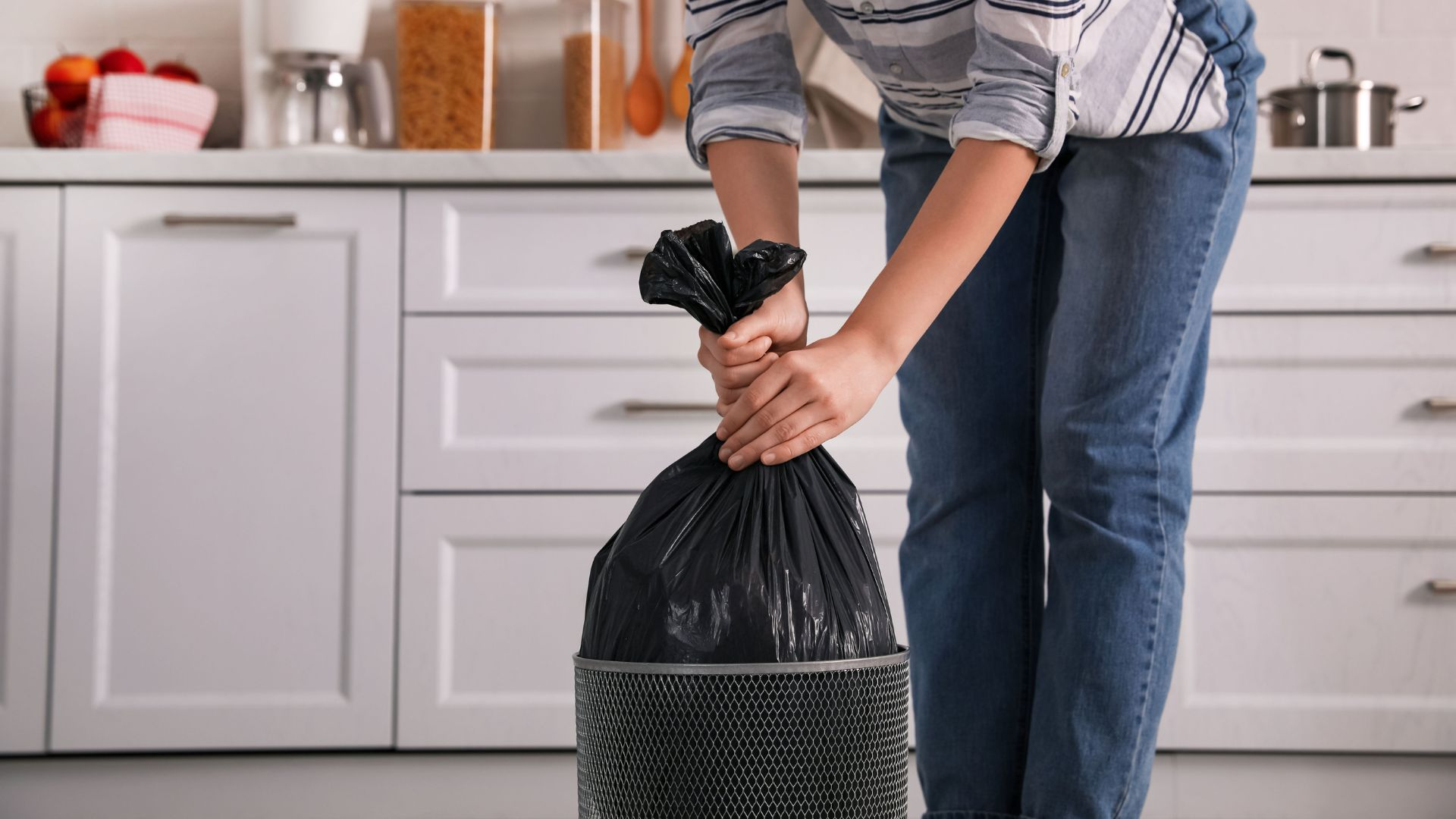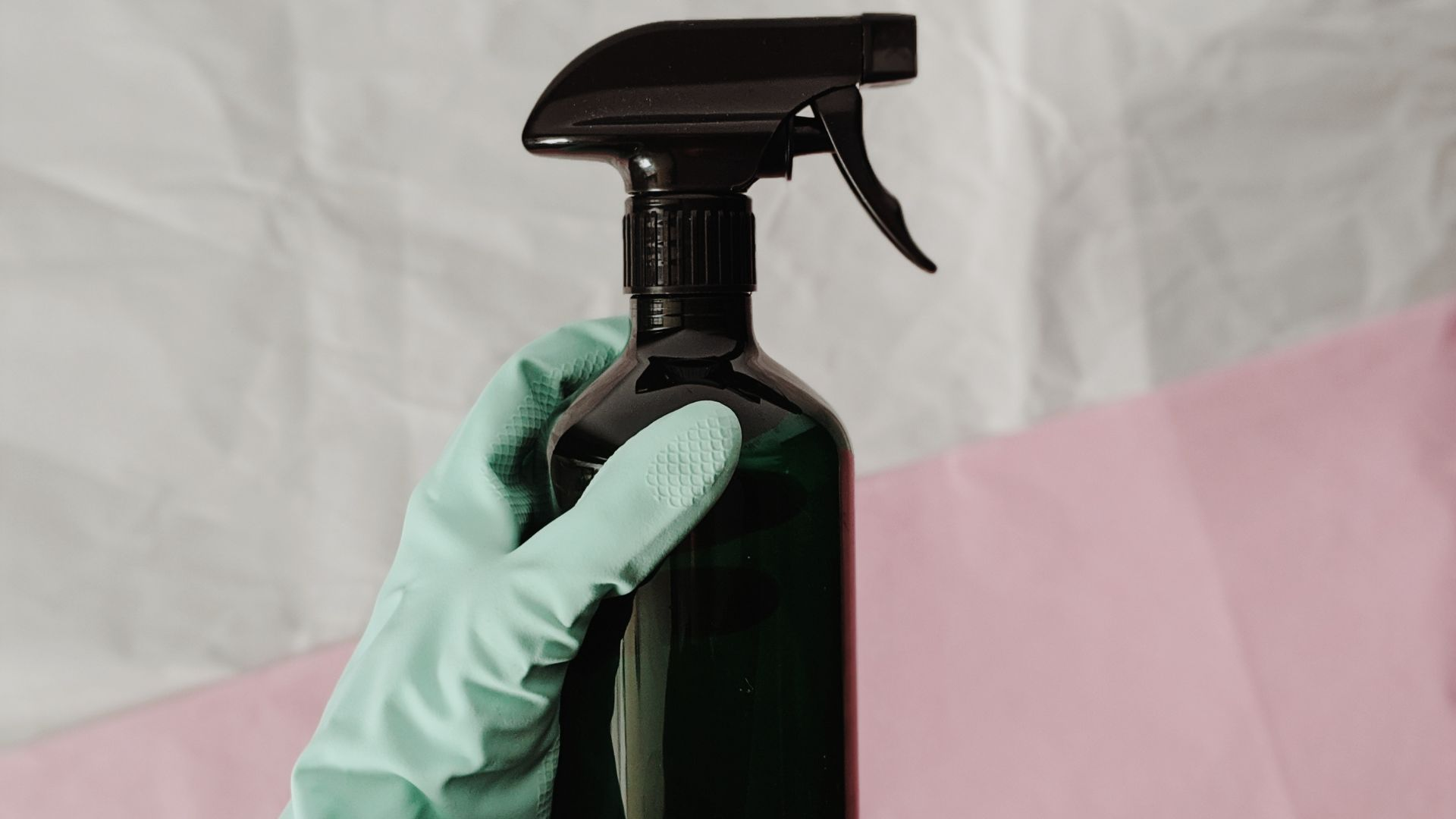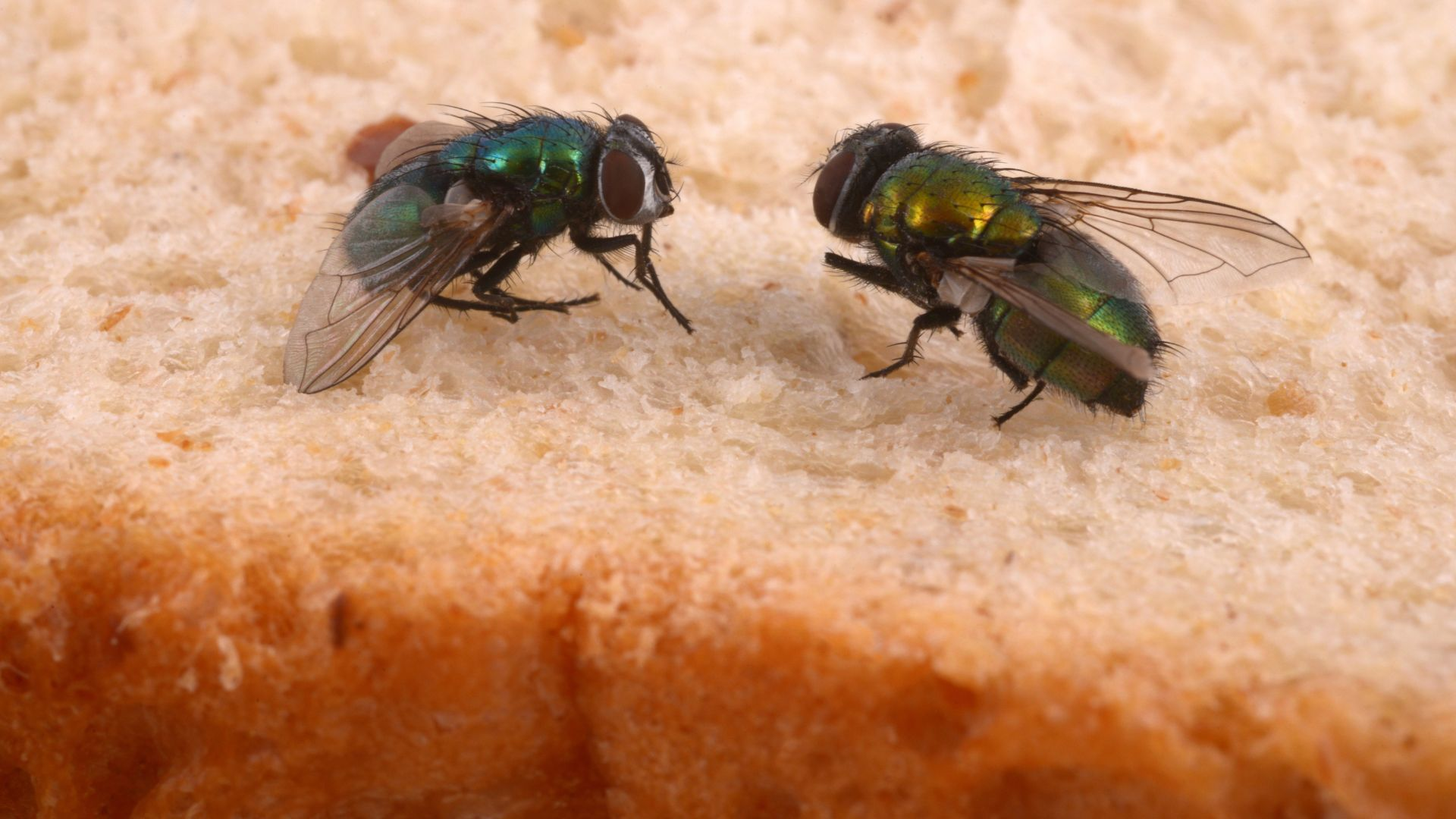
Flies. The bane of every homeowner, buzzing their way into your peace and quiet as if they hold a personal vendetta against your sanity. Not only are they super pesky, but they’re also a known carrier of nasty diseases.
But don’t flap your wings in defeat just yet! With a few simple strategies, your castle can become an impenetrable fortress against these aerial invaders. Buckle up, because we’re about to take a fly-free ride through the seasons.
Before we wield our flyswatters, it’s essential to understand why fly control is more than just a nuisance issue.
House flies are not your average Joe of the insect world; they're professional spreaders of unpleasantness, carrying germs on their hairy little legs and frequenting unwelcoming places like trash, animal waste, and worse.
A clean and fly-free home is the fortress of good health – a sanctuary from potential health hazards.

It’s vital to understand how indoor fly infestations begin, starting when the female flies lay eggs in your home.
She targets areas rich in moist, decaying organic material for this purpose - think unattended garbage bins, neglected compost piles, or pet waste in outdoor spaces.
Fruit flies particularly love laying eggs and feeding on over-ripe or decaying fruit.
These conditions provide the ideal environment where eggs hatch and fly larvae grow and develop into adult flies that become a frequent nuisance in our homes.
Recognizing these breeding grounds is a critical step towards implementing effective measures to keep our homes free of flies. In the following sections, we will explore strategies to prevent these unwanted guests from making your home their breeding ground.

Your first line of defense against fly invasions begins with prevention. By taking proactive steps, you can significantly reduce the likelihood of a fly infestation.
If your garbage cans are the Ritz Carlton of waste receptacles, house flies are the unwanted guests that never leave. To avoid an indoor fly infestation, ensure trash is taken out regularly and sealed properly. Consider using bins with lids that can be securely closed, and don't forget to give them a good scrub from time to time – flies love a dirty dine-in!
Flies dig dirt. And if your cleaning routine could use some sprucing up, now’s the time to shine.
Focus on areas where food particles and moisture linger. This means cleaning up spills immediately, regularly wiping down kitchen surfaces, and giving those nooks and crannies some good, old-fashioned elbow grease.
Your home is a fortress, remember? Time to play detective and seal any openings in your walls, windows, and vents. Weather stripping, caulking, and good old fine mesh wire are your allies in this fight. The less room house flies have to wiggle in, the better.

Inject a little ‘mother nature’ into your home defense with these non-invasive, eco-friendly fly deterrents.
Lavender, eucalyptus, and peppermint oils serve a dual role in this battle. Not only do they make your home smell like a spa day, but flies detest their fragrant presence.
Sometimes, it’s best to attract the flies to one spot before disposing of them definitively – enter the classic fly trap.
Whether it’s the classic sticky ribbons, DIY apple cider vinegar jars, or those high-tech, fascinating, yet surprisingly effective UV light traps, there’s a solution for everyone. If it attracts flies and keeps them there, you're one step closer to eliminating the infestation.
Some plants are more than just good-lookers – they’re superhero fly repellents. If your fly problem is mostly outdoors, herb gardens featuring basil, mint, and lemongrass can act as an invisible shield, keeping flies at bay. The scent of these herbs work to deter house flies.

Flies aren't ONLY interested in human food. If you share your abode with four-legged friends, a few adjustments to your fly tactics can keep both your home and pets happier.
Regular cleaning of your pet’s living quarters is crucial. Remove waste promptly, clean up spills or crumbs, and launder pet bedding frequently. Remember, what's gross to you can be gourmet for flies.
Store pet food like it's gold and the flies are pickpockets. Secure containers and, for good measure, stored in a place where flies can’t easily access – think elevated and airtight.
The last thing you want is to fend off flies while keeping your pets safe. Fortunately, many of the natural remedies mentioned earlier, like essential oils and fly traps, are pet-friendly options.

The battle against flies is an ongoing one. Here’s how to wage war season by season and achieve solid house fly control.
Flies have their faves, and those preferences change with the weather. Warmer weather means windows thrown open and grills getting their summer workout – prime fly opportunities.
Cooler weather brings in more indoor time and maybe a few escapees who want a taste of your warm, indoor buffet. Adapt your prevention methods to suit the season’s fly behavior, and you'll be able to get rid of flies in no time.
Stay vigilant and regularly inspect your home for signs of fly activity. Those little buggers are sneaky, and sometimes a problem’s been percolating right under your nose. Vigilance is needed to get rid of flies properly.
For the particularly persistent pests and severe cases, don’t be afraid to call up the pros. Pest control professionals can provide a tailored approach to eliminating flies and preventing future visits. In most cases, this is not necessary.
Hopefully, you found this guide to be the wind beneath your wings in the fight against flies. Remember to take a multi-faceted approach: combine strong prevention tactics with natural remedies and diligence in keeping your home environment less hospitable to these winged pests.
The key to a fly-free home is consistency and cleanliness. Whether you’re a frugal DIY-er or a fan of the latest tech, there's a fly-fighting strategy for everyone. It's time to show flies the door and take back your space!
No comments
0 comments